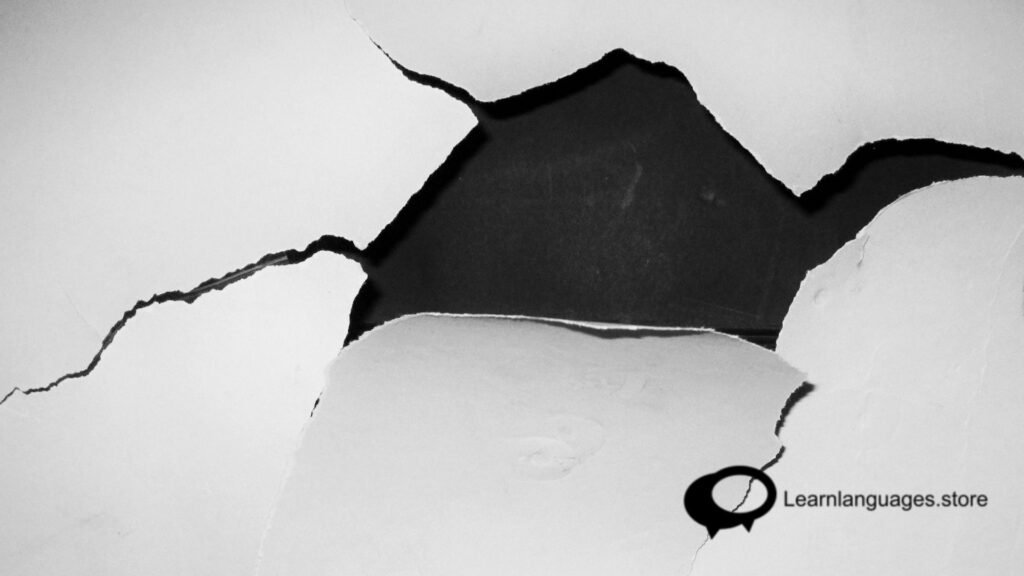Is Slang Destroys, English Language?
Is Slang Destroys, English Language?
Does Slang Destroys Language?
Estimated reading time: 3 minutes
Languages always have slang. Why it is fine for language and here to stay.
What is Slang? and how does it destroys?
Slang is not only any nonstandard language use.
It is informal and inappropriate.
Only the "in" crowd knows the slang phrase.
It replaces a forbidden term with fresh or contemporary ones in an innovative way. Am not is not slang, yet it is nonstandard English. Am not is informal, yet every English speaker knows what it means.

Slang Origins
Due to its non-written nature, slang is hard for dictionary editors to track. Writing preserves word roots. Most slang is spoken-language-only.
The internet makes slang tracking easier. Social media is an excellent place to study slang since people write informally.
The internet creates new slang as well as documenting it. Take “lol.”
Internet Terms Like “LOL”
LOL—”Laughing Out Loud”—was originally used in the late 1980s. This language was informal, context-specific, and unfamiliar. “Lol” may no longer be slang.
“Lol” has evolved since its introduction. Nowadays, “lol” means nothing. Instead, it calms text exchanges as a courtesy flag. If you do not believe this, see yourself typing “lol”—you are probably not laughing.

AAVE vs. SAE
Though the internet speeds up slang, most comes via spoken language. AAVE lends several slang phrases to American English. From “woke” to “bae,” many slang phrases in Standard American English (SAE) come from AAVE.
SAE and AAVE have different grammars but are equally legitimate English variations. AAVE slang in colloquial standard American English without correct credit or usage can be offensive due to this imbalance.
Slang Cultural Appropriation
It is worth understanding why slang or colloquialisms can be insulting.

Few things upset people like slang. Fighting slang is futile. American English slang has had the same social stigma—and prestige—for at least a century.
Slang History
“I am sorry to say I then… talked entirely in slang; for the one who could invent and use the most striking slang expressions was the best fellow always,” a young man said in Modern Language Notes in 1896.
In 1896, slang was “disagreeable” and “disgusting,” but it made one “the best fellow.”
Slang Creation: Stop Trying to Make Fetch Happen
Slang shows originality and shared meaning in language, not vulgarity. No one can popularize a new usage. Slang terms must be created and accepted by others.
It is hard to forecast what will stick in slang. Slang and language shift have survived millennia of criticism.
Slang/Acronym Dictionaries
Wondering what a slang phrase or internet acronym means?
Urban Dictionary covers slang.
Abbreviations.com deciphers Internet acronyms, abbreviations, and initialisms.
Learn Languages Store
Vashi,
Email: services@learnlanguages.store










